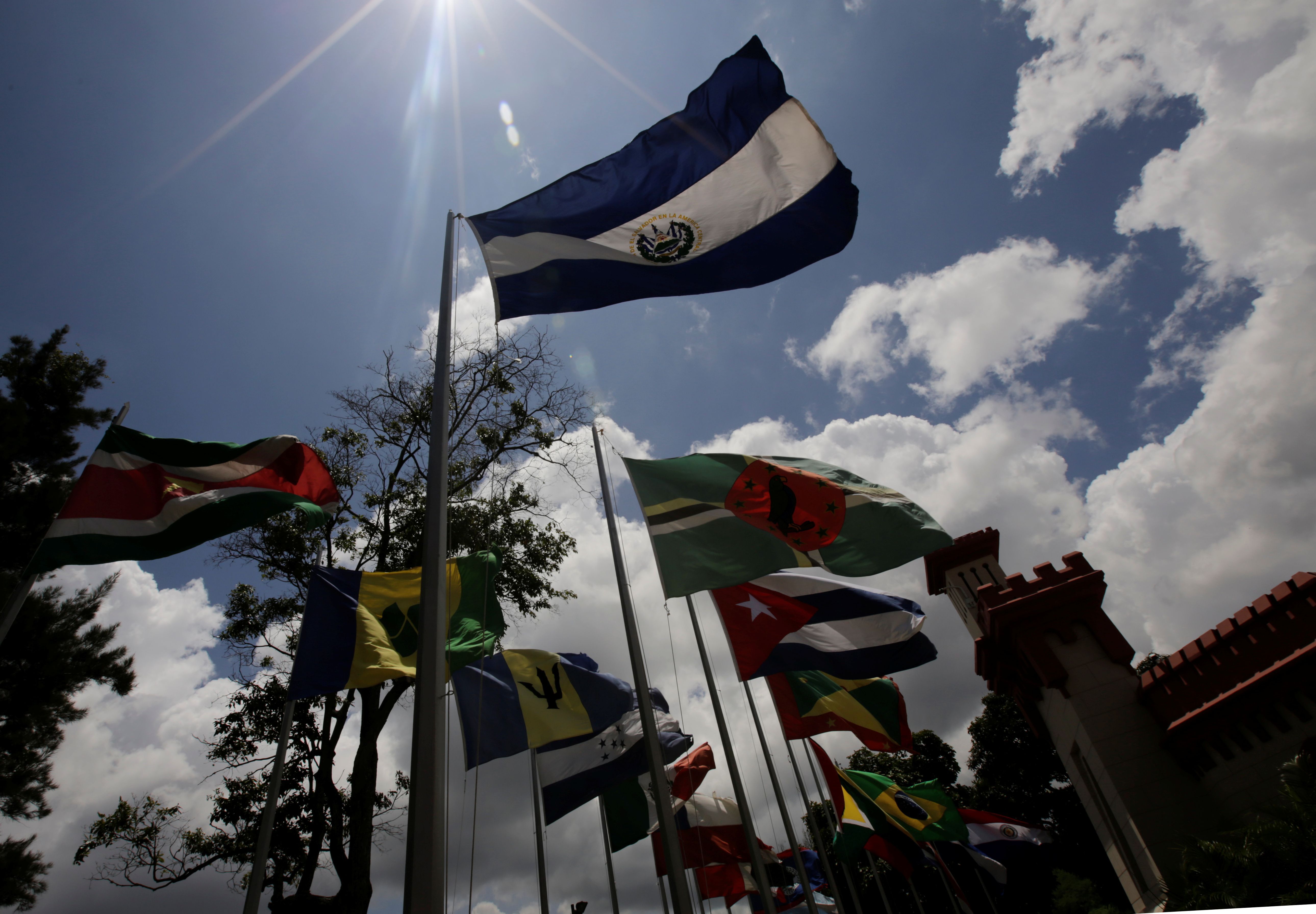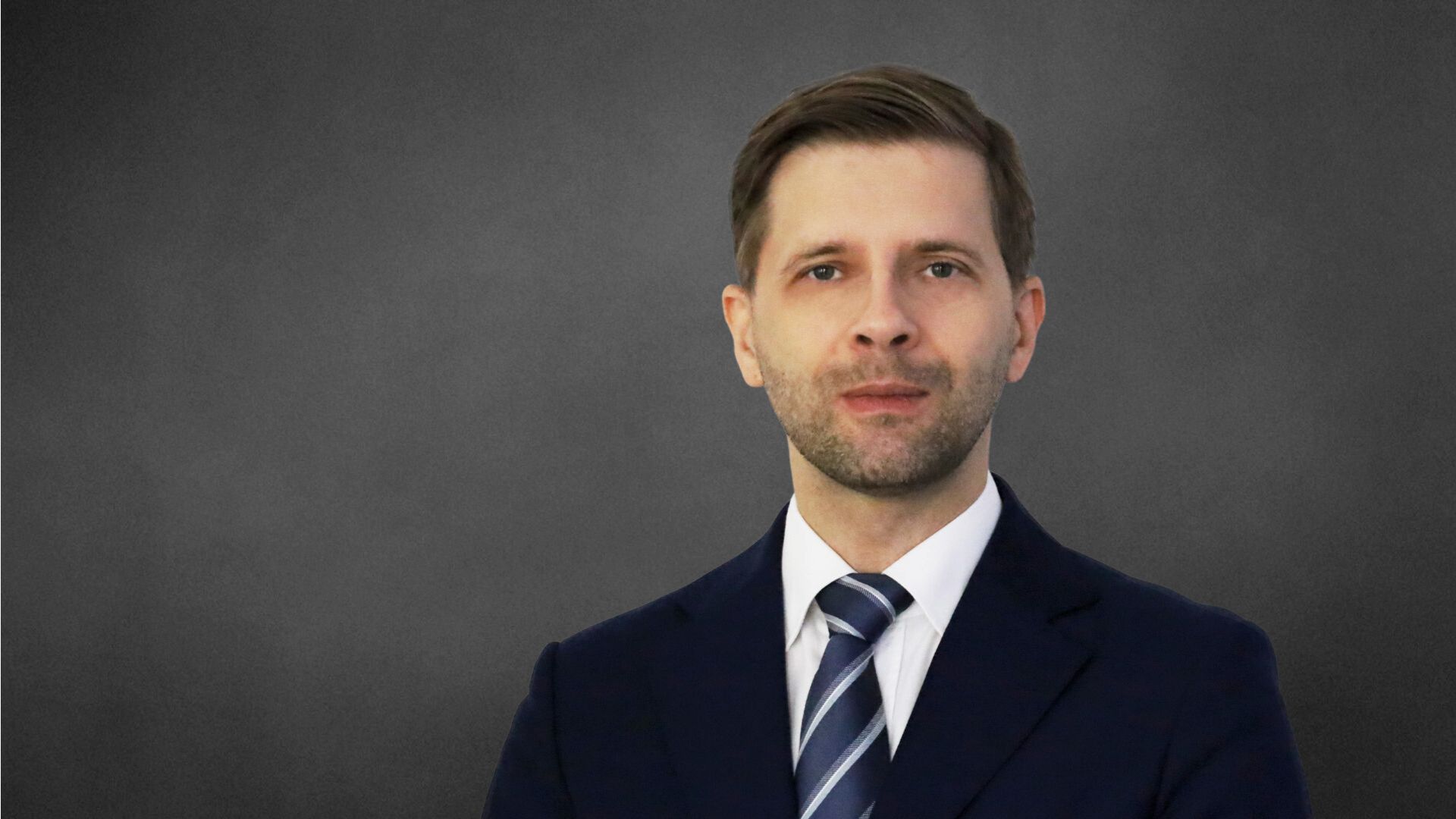Challenges to the Intensification of EU Cooperation with Latin America and the Caribbean

In mid-December 2020, the German presidency of the Council of the EU organised a virtual ministerial EU-LAC meeting. In the joint declaration that followed, the participants announced their intent to revitalise the bi-regional political dialogue and cooperation for sustainable development in the context of the COVID-19 pandemic. By that, the Union wants to increase its economic and political influence in the region, aiming to gain allies in multilateral forums, for example, to defend the international rules-based order. The EU High Representative for Foreign Affairs and Security Policy Josep Borrell has been the main advocate of strengthening the partnership with LAC. In October, he warned of a growing sense in LAC of neglect by the EU. Apart from Germany, Borrell has support from Spain—his home country—and France. In July 2020, the latter two countries organised an informal meeting of 18 EU and LAC states on the pandemic effects. However, these efforts still contrast, for example, with few references to the region in the programme of the incumbent Portuguese presidency.
Political Dialogue and Promotion of Multilateralism
A return to bi-regional summits is the main idea to intensify cooperation. The last meeting in the format of the EU–Community of Latin American and Caribbean States (CELAC) took place in 2015. Divergence in stances over the erosion of democratic order in Venezuela explains the interruption. The last summits with the EU’s LAC strategic partners, namely Brazil and Mexico, were held in 2014 and 2015, respectively.
The EU and LAC maintain the usual declarations of intent to strengthen multilateral diplomacy. This relates for example, to reform of the UN and the WTO and accomplishing global sustainable development goals and climate change commitments. The Union’s objectives towards LAC also can be derived from the “EU Agenda for a Renewed Multilateralism”. Published by the Union in February, it calls for strengthening relations based on international lew and universal values (for example, human rights) and reinforcing existing partnerships. The EU also emphasises the need to increase global access to vaccines, help to rebuild the economy, reducing inequalities, tackling climate change, as well as to elaborate global rules in the digital sphere, for example, for artificial intelligence.
Combating the Pandemic
The current health crisis and its effects will strongly influence the EU’s efforts to strengthen its cooperation with LAC. The latter has registered more than 16% of infections and more than a quarter of deaths related to COVID-19 globally. Besides the health aspects, the region is also one of the areas most affected by the pandemic in other ways: the poverty rate has risen to over 30%, public debt has increased, and the region’s GDP fell by 7.7% in 2020.
In April 2020, the European Commission allocated almost €930 million to the LAC countries most affected by the pandemic—and by January, the amount secured had surpassed €1 billion. The European Investment Bank pledged €325 million. Borrell also declared that the Union would seek international financial assistance for the LAC partners in the G20, among others. He also suggested that in a pandemic, there was a need to ease economic sanctions that hit the citizens of such countries as Cuba and Venezuela. With €2.25 billion declared by April, the EU has the largest share of the COVAX initiative aimed at funding global access to COVID-19 vaccines. According to the Pan-American Health Organisation, almost 13 million doses were delivered through COVAX to LAC by mid-May.
The Economy and Sustainable Development
The EU remains the largest investor in LAC, but in 2017, China surpassed it as the region’s second-largest trading partner after the U.S. UNCTAD data from 2001 shows the trade in goods from the EU (including states that have joined since 2004) and China with LAC amounted to $99 billion and $16 billion, respectively. By 2019, the Union’s turnover had increased by two and a half times to $242 billion, while China’s rose more than 20 times to $325 billion. In both cases, there was a trade surplus with the LAC of $40 billion and $69 billion, respectively.
The Union is seeking to strengthen its economic position in LAC, particularly through market liberalisation. Talks on a new agreement with Chile are ongoing. The modernised accord with Mexico and Association Agreement with Mercosur both await ratification. The adoption of the latter faces difficulties because of the EU’s objections to Brazil’s policy on protecting the Amazon. The Union insists on working with its LAC partners in the fight against deforestation and in protecting biodiversity, as well as in supporting the energy transition and the development of the digital economy.
Challenges
As long as the pandemic continues affecting LAC, it will be hard for the EU to strengthen its position as an attractive partner. While the EU stands out from the U.S., which secured only around $150 million for the region to combat COVID-19 and belatedly joined COVAX, the Union will struggle in competing with China. The latter has strengthened its image in LAC countries thanks to the supply of sanitary supplies and equipment in 2020 and vaccines in recent months. Russia has also benefited by suppling selected LAC countries with Sputnik V doses. The EU is willing to share vaccine supplies but prioritises countries in its own neighbourhood.
The severe socio-economic impact of the pandemic has increased the scale of the development needs of LAC, so it will require significant support from foreign partners. This creates opportunities for the EU, but at the same time requires progress, for example, on market opening, especially with Mercosur. However, the EU’s credibility is questioned by the South American bloc, which perceives the dispute over climate commitments in the negotiated deal as fuelled by protectionist intentions, especially from France. The EU could benefit from its engagement in the energy transition in LAC by investing in the development of green technologies, for example, but it will face competition from the U.S., as the current administration has similar objectives.
Although the issues of democracy and human rights were included in vague form in the declaration from the December ministerial meeting, the positions on the situation in Venezuela remain the main dividing line between the countries of both regions. Venezuela’s growing emigration has surpassed 5.6 million, and the authoritarian Nicolás Maduro government—accused of crimes against humanity—has consolidated its power and is unwilling to dialogue with the opposition. An opportunity to press Maduro may be found in collaboration between the EU and the current U.S. administration, which has opted for a diplomatic solution to the crisis in Venezuela.
Prospects
The EU’s ambitions to revitalise its partnership with LAC and strengthen influence in the region will be difficult to achieve. It is unlikely that the Union will become a leading partner of these countries in overcoming the health crisis and its long-term effects. China will remain the most successful here.
It is uncertain whether an EU-CELAC summit can be organised soon. It may be awkward for the Union to invite representatives of the Venezuelan government as that would require refraining from criticising the political situation in that country and would legitimise Maduro. Meetings with individual partners, especially with Brazil and Mexico, will be easier to hold. In the economic sphere, finalisation of the modernised agreement with Mexico and conclusion of talks with Chile are more feasible in the near future. At the same time, further delay in ratification of the EU-Mercosur accord will strengthen the latter’s trade relations with China, reducing the EU's influence, for example, in halting Amazon deforestation.
Among the limitations to the Union’s efforts to tighten ties with LAC remains the fact that their relations mainly are based on the engagement and interests of a narrow group of Member States, with Spain in first place. Therefore, to achieve its objectives, the EU must foster more interest in cooperation with LAC among Member States with looser ties to the region, for example, Poland. The development of the EU-LAC partnership is beneficial to Poland because it expands the options for a greater diversification of economic cooperation and creates opportunities in relevant, modern areas such as green technology development and energy transition, along with scientific contacts.


